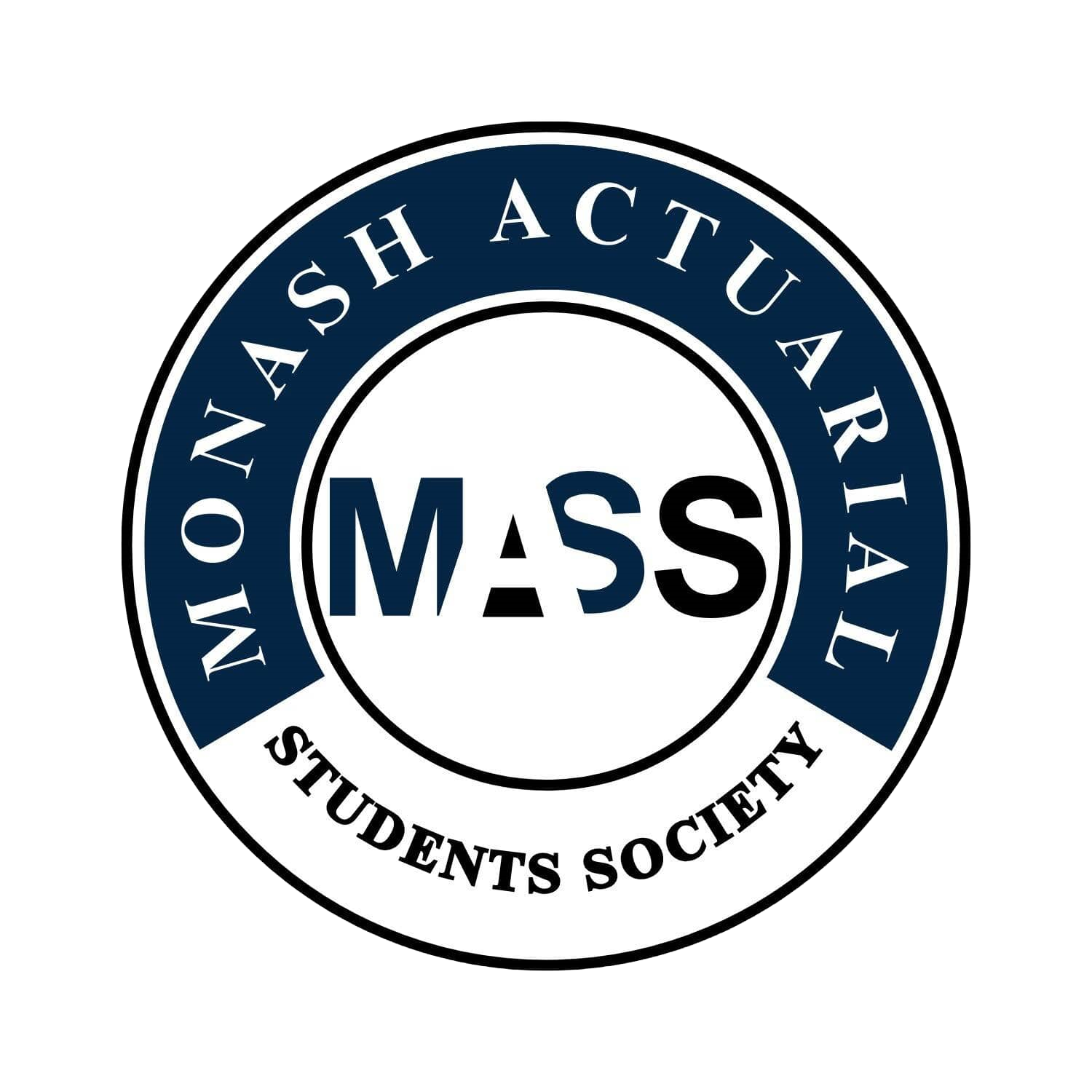Nhi Le
Primary area of practice
Data Analytics
About My Role
I am a Graduate Data Scientist at Telstra, currently in my first rotation with the Digital AI team. My role is mainly to build machine learning models and perform data analysis to enhance customer experience on Telstra’s digital platforms like the Telstra website and app. Specifically, I’m building recommendation engines for digital sales, which help personalise customers’ browsing and shopping experience. As a data scientist, I work with data engineers to build data pipelines, with data analysts to bring model insights to life, and with business stakeholders to bridge the gap between my technical work and real-life deployment.
What do I like most about my role?
There are two main reasons that draw me to data science. Firstly, I love tech and the fast pace at which things are being invented. There are new innovations coming out all the time, which motivates me to be agile and to learn things quickly so I can keep up with the field. Given my undergraduate background, data science seems to be the perfect combination of tech and stats/maths. But more importantly, I really believe in the ability of technology to make a positive impact on our lives. Within Telstra, data scientists are working to detect frauds, stop scam calls and messages, help find missing people on seas or land, etc. Around the world, AI/ML is being used to help doctors detect cancer in its early stages, solve the 50-year challenge of protein folding, help control nuclear fusion to bring us closer to cheap and clean energy, etc. (check out DeepMind!). What I like about my role is that it is a tiny first step towards the ambitious goal of working on even just part of these problems. And being able to work flexibly and having a work-life balance is definitely a plus.
How has my experience at university applied to my role?
I wouldn’t necessarily say I use any of the actuarial formulae in my role now but the biggest assets I get out of my actuarial science degree are logical thinking and a strong statistical foundation. With these skills, reading research papers or working through the mathematical aspect of data science is more enjoyable, and I am also able to apply critical thinking and a scientific approach to my work as well. After all, we are called data *scientists* for a reason.
Recommendations I have for students interested in my role
If you want to break into the tech industry without a tech degree, data science – being a relatively new field – is an easier pathway than computer science. My advice would be to do well in your actuarial degree even if you don’t plan on becoming an actuary because when transferring to a different field, good performance in your initial field is a strong testament to your ability. Take classes from other departments, for example, programming classes from the Faculty of IT. Even better, try to do well on those units then reach out to your professors asking to work as an assistant on their research projects. Trust me, you will be so uncomfortable, but you will learn so much. You can also take online courses but with a project-oriented approach where you aim to create even just one personal project to put on your portfolio at the end of that course. Find opportunities to work with others – e.g., student clubs – on a project because as data scientists, you are never working on your own. Most importantly, create a compelling story about yourself – why you want to transfer into data science, what value you can bring over from your actuarial background, etc.

